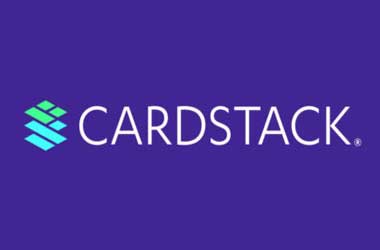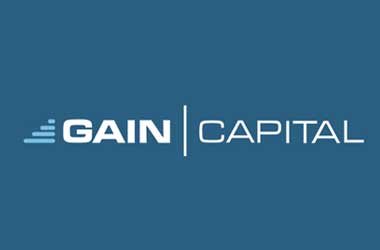 Cardstack is an open-source framework and consensus protocol that makes block chains usable and scalable for the mass market. Cardstack’s founding director Chris Tse envisions building the experience layer of the decentralized internet. In this regard, The company has announced the creation of the Tally Protocol that will allow large and powerful applications to run on the Ethereum network.
Cardstack is an open-source framework and consensus protocol that makes block chains usable and scalable for the mass market. Cardstack’s founding director Chris Tse envisions building the experience layer of the decentralized internet. In this regard, The company has announced the creation of the Tally Protocol that will allow large and powerful applications to run on the Ethereum network.
Early block chain apps require every user action to be submitted as an on-chain transaction. That resulted in network congestion, long wait times, increasing costs, and high resource demands. Tally solves the issue with cryptographic proof-of-usage messages that are efficiently validated, and aggregated off-chain, before reporting the final payment splits back to the smart contract on-chain. That improves the user experience and reduces the demands on the Ethereum block chain.
Tally gives dApps the power to perform the same complex computations that large silicon valley companies use to organize large networks of users. Additionally, Tally miners can use GPUs already deployed in the crypto world. Since there is no additional hardware required to run Tally’s GPU-optimized cryptographic proofs, statistical analysis, and machine learning algorithms, the dApps will be able to function on parity with Silicon Valley systems.
The protocol uses a combination of on-chain stake pools and off-chain calculations to allocate mass payments. Additionally, the protocol incorporates a consensus mechanism to enforce community rules in a decentralized way. By doing so, the capacity of Ethereum-based applications is increased, facilitating thousands of more transactions to occur per second.
For the work done, the GPU (Graphics Processor Unit) will be rewarded with a fair slice of the DApp’s ecosystem’s value for performing the labor-intensive processes.The Cardstack Framework is a comprehensive software development kit for building powerful, cohesive blockchain apps. At the core is Cardstack Hub, which orchestrates interactions across multiple blockchains and the cloud.
Tally and the wider Cardstack project aims to demonstrate how a crypto-driven economy, backed by existing and proven block chain protocols, can enrich the world in an equitable manner. This ecosystem is governed by smart contracts powered by the Cardstack Token (CARD), an Ethereum-based ERC20 token. CARD is designed specifically to establish a sustainable marketplace where open-source developers get their fare share of rewards.
CARD users can become miners to validate transactions and earn fees. However, it differs from other block chain networks in the sense that Cardstack analytic miners help calculate the rewards that are to paid, while filtering spam. That makes the system fair and resilient. Furthermore, analytic miners’ results compete in a sortition scheme, referred to as proof-of-analytics. Therefore, reward algorithms are never under a single party’s control.
Chris Tse, Founding Director at Cardstack, said
“Blockchain will never change the world if we don’t improve its user experience. If we want blockchain to live up to its biggest promises, we need a decentralized solution that can coordinate complex ecosystems where huge numbers of actions are happening at once. The Tally Protocol harnesses the incredible mining power we already have to perform number crunching and deep learning for dApps, which means we can now build the kind of decentralized software that can be used and enjoyed by everyone.”
The company plans to commence an ICO for CARD token soon.

 United States
United States United Kingdom
United Kingdom















